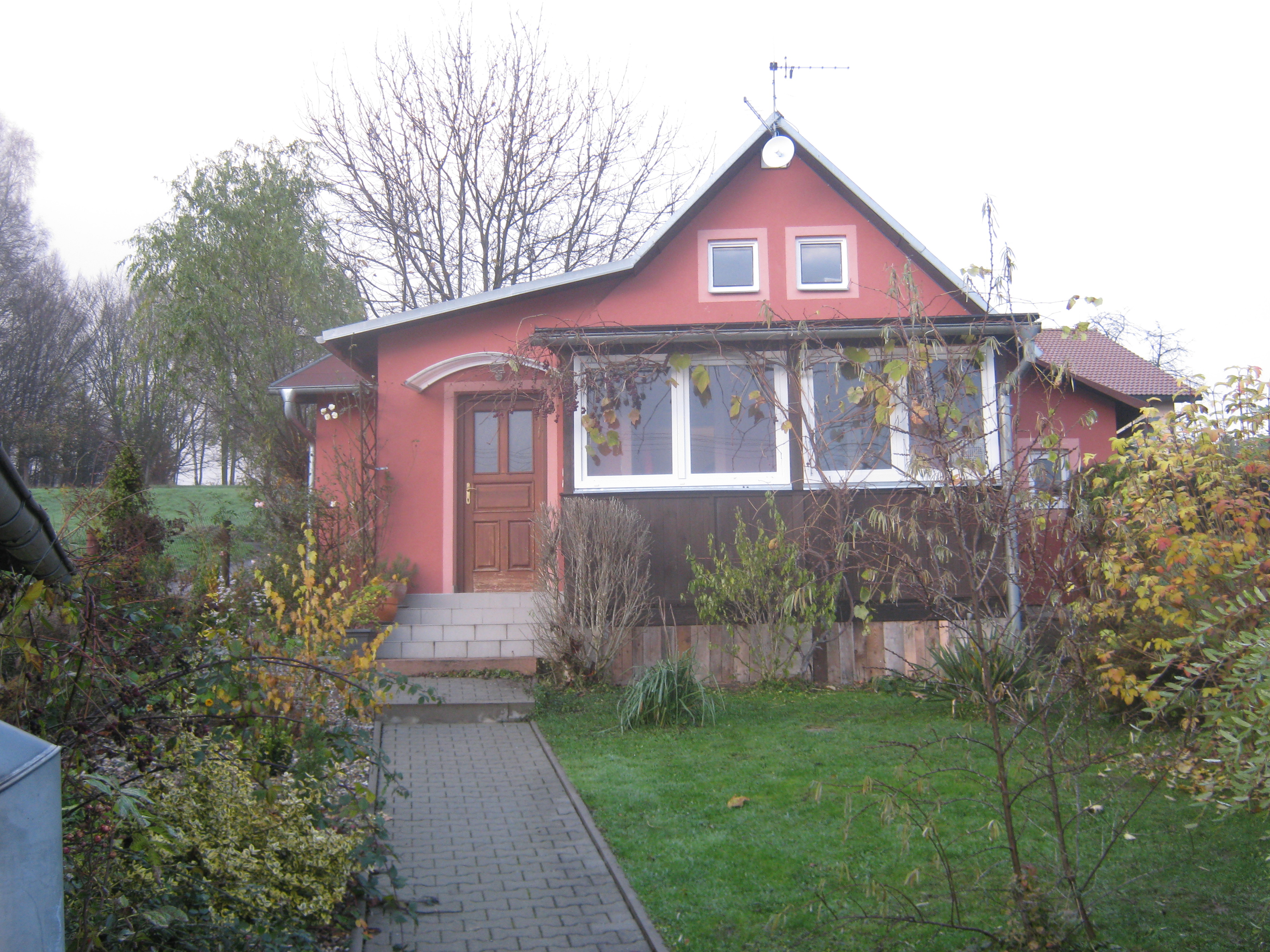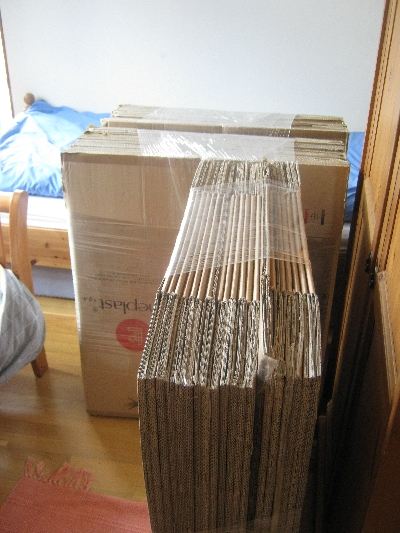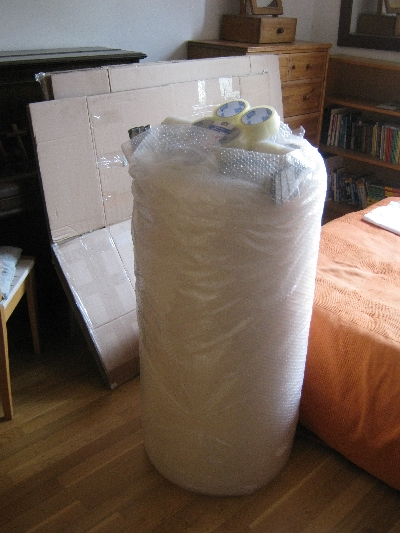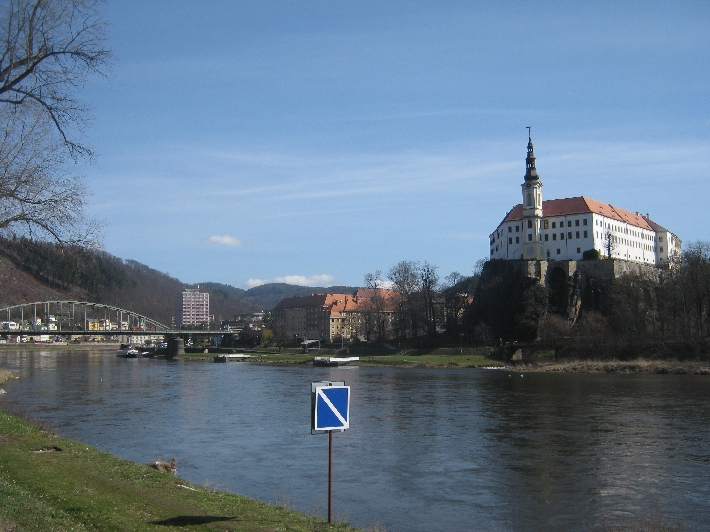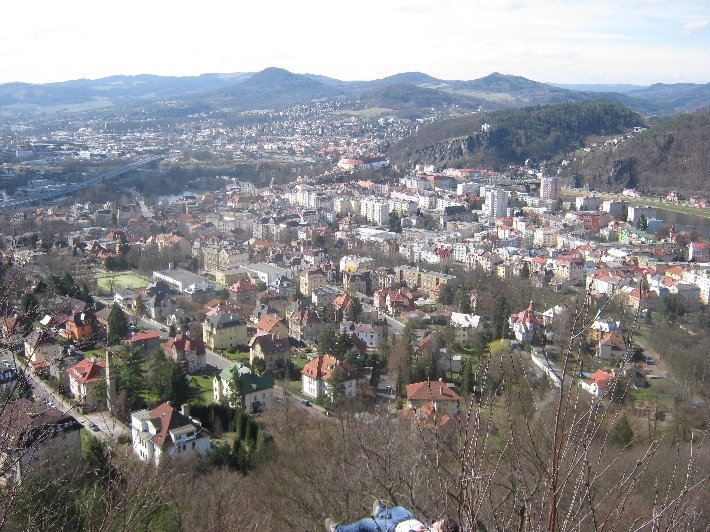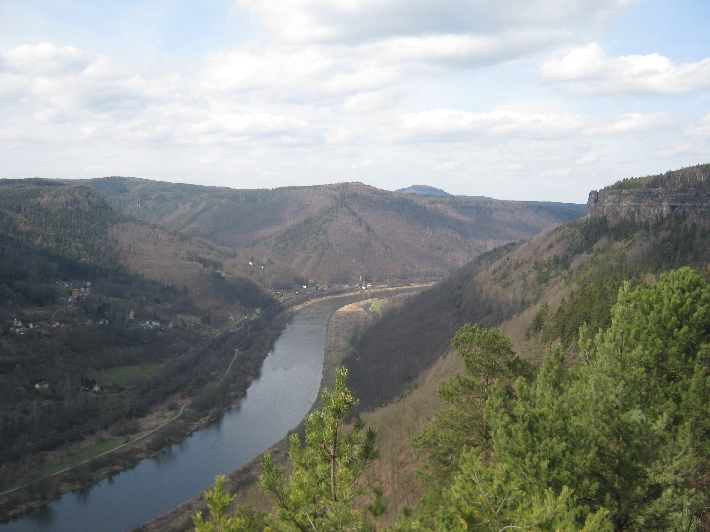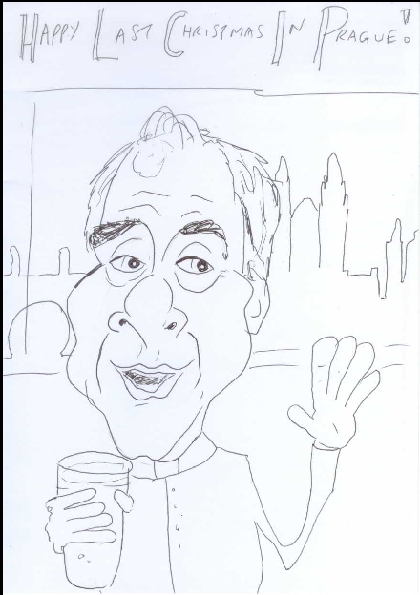
As I have previously written, the evening services at the Frauenkirche, Dresden, follow a theme over a period of several Sundays. The monthly English-language Anglican services of Evening Prayer for which I continue to have responsibility, are not regarded as an exception, but rather as part of the agreed theme. The themes are agreed at a meeting of the Predigerrunde/Preachers round, which is attended by several German Protestant pastors and theologians who, between them, conduct and preach at the evening services; and me!
At a meeting of the Predigerrunde last Autumn, it was agreed that in the period from Sunday 10th February through to Passion Sunday (7th April) we would preach our way through the Coventry Litany of Reconciliation, stanza by stanza, with our theme being Versöhnung leben – Living reconciliation. The litany is used regularly at the Frauenkirche, in particular, at midday prayers each Friday. Its use is part of the very strong links between the Frauenkirche and Coventry Cathedral, established through the Community of the Cross of Nails.
The Coventry Litany of Reconciliation
‘All have sinned and fallen short of the glory of God.
The hatred which divides nation from nation, race from race, class from class, Father, forgive.
The covetous desires of people and nations to possess what is not their own, Father, forgive.
The greed which exploits the work of human hands and lays waste the earth, Father, forgive.
Our envy of the welfare and happiness of others, Father, forgive.
Our indifference to the plight of the imprisoned, the homeless, the refugee, Father, forgive.
The lust which dishonours the bodies of men, women and children, Father, forgive.
The pride which leads us to trust in ourselves and not in you, Father, forgive.
Be kind to one another, tender-hearted, forgiving one another, as God in Christ forgave you.’
Therefore, after Superintendent Christian Behr had begun the sermon series on Sunday 10th February, preaching on the opening verse of scripture, ‘Alle haben gesündigt und ermangeln des Ruhmes, den sie bei Gott haben sollten‘ / ‘All have sinned and fallen short of the glory of God.’ (Romans 3. 23), it fell to me last Sunday, 17th February, to preach on ‘The hatred which divides nation from nation, race from race, class from class’.

In the opening part of my sermon, I explained the origin of the litany, written in 1958 by Canon Joseph Poole, and the thinking that lies behind it. As is explained on the Coventry Cathedral website, ‘While framed around the seven deadly sins, it serves as a reminder that when we pray about the problems of the world around us, we need to begin by acknowledging the roots of those problems in our own hearts.’
I also pointed out how appropriate it was to be reflecting on, ‘The hatred which divides nation from nation, race from race, class from class’, when the previous week had seen the 74th anniversary of the bombing of Dresden which commenced on 13th February 1945 and resulted in the destruction of the Frauenkirche. But it was also the 60th anniversary of the twinning agreement, signed in 1959, between the city of Dresden and the city of Coventry, a civic move towards reconciliation which had been commemorated during the German Lutheran service that morning.
For the evening service, I had to choose two passages of scripture. For the second reading, I chose the familiar story of the Good Samaritan (Luke 10. 25-37). I pointed out that, whilst the expression ‘Good Samaritan’, easily trips of our tongues, to the first century Jews listening as Jesus told the story, it was a contradiction in terms. For first century Jews, ‘good’ and ‘Samaritan’, did not belong in the same sentence! Samaritans were a mixed race, they worshipped at Mount Samaria and not in Jerusalem, and didn’t keep laws relating to ritual purity.
But for the upstanding Jewish lawyer who asked, ‘Who is my neighbour? – the one I should love as myself, Jesus told this story. ‘Loving your neighbour as yourself’, includes loving those who are different from us – not hating them because they don’t behave or conform in the way we think they should.
The other passage of scripture I chose was Galatians 3. 23-29. I explained that in the life of the early Christian Church, there were disputes as to whether gentiles who had become Christians, needed to be circumcised, just like male Jews. The Council of Jerusalem, (Acts 15. 1ff) had clearly decided that the circumcision of gentile converts was not required. But there remained a ‘circumcision party’ who thought they should and it was clearly active in Galatia.
St Paul’s letter to the Galatian Churches was written partly to rebuke the ‘circumcision party’. He declares, using a favourite phrase of his, ‘in Christ’, that once someone has ‘faith in Christ’, has been ‘baptised into Christ’, has ‘put on Christ’, there should no longer be any distinctions. No one is better than another and no one should be shunned. ‘There is no longer Jew or Greek (gentile), there is no longer slave or free (no class discrimination), there is no longer male or female; for you are all one in Christ Jesus’.
‘Hate’ and ‘hatred’ are strong words. Maybe we don’t necessarily hate but we do very easily ‘blame’. I reminded the congregation that Hitler and the Nazis blamed the Jews. From various quarters these days it is ‘blame the Muslims’.
Addressing the issue that is currently making the United Kingdom look stupid in the eyes of most continental Europeans – Brexit – I pointed out that the vote to leave the EU was driven by politicians blaming the country’s problems on immigrants from Central and Eastern Europe for which, blame the EU. This despite nearly all of them being in work, paying taxes and often doing the jobs that British people don’t want to do.
The EU may not be perfect – it is a human institution. But it was founded in part, to prevent a repetition of the two World Wars which had laid waste the continent of Europe in the first half of the twentieth century, something which the city of Dresden and my own city of birth, Coventry, know about all too well. Seventy-five years of peace have ensued!
I ended my sermon as I end this blog post, with a challenge to those who wish to re-erect barriers that divide people and nations. As Christians, we are called to the ministry of reconciliation – Versöhnung leben – Living reconciliation. We are not to be putting up barriers of whatever form to divide groups of people, just because they are not exactly like us.
For the hatred which divides nation from nation, race from race, class from class, Father, forgive.

